
The Business of Fashion
Agenda-setting intelligence, analysis and advice for the global fashion community.

Agenda-setting intelligence, analysis and advice for the global fashion community.
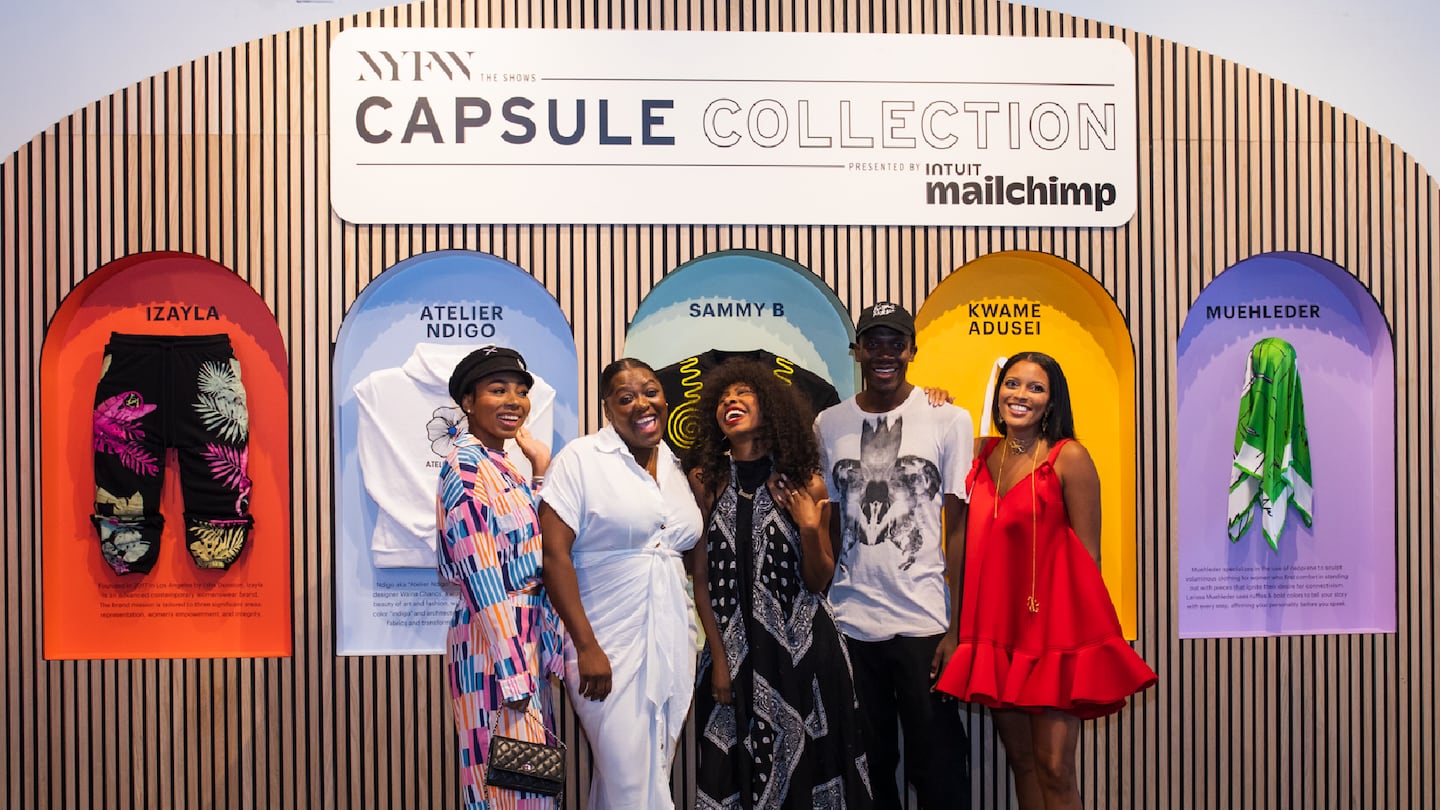
In a bid to improve support and exposure of Black-owned fashion brands and businesses, the Black in Fashion Council (BIFC) — co-founded by The Cut editor-in-chief Lindsay Peoples and communications consultant Sandrine Charles — launched its Discovery Showroom at New York Fashion Week: The Shows in 2020, spotlighting established and emerging fashion designers from the US fashion market.
Just 4 percent of Black-owned businesses are still in operation after three and a half years, compared with an average of 55.5 percent for all businesses, according to a 2021 McKinsey & Company report. Some 41 percent of Black small business owners are more likely to seek additional financing to address business challenges versus the average 32 percent of small business owners, according to a JP Morgan Chase survey this year.
In helping to diversify the talent on the New York Fashion Week schedule, the Discovery Showroom is also helping the US fashion industry better meet consumer expectations. Some 45 percent of consumers in the US agree that companies should pledge to support Black-owned brands, suppliers and vendors, with 68 percent saying their social values shape their shopping choices, according to McKinsey’s The Black Unicorn report.
This year, the Discovery Showroom has returned in partnership with Mailchimp and IMG, who also launch the NYFW: The Shows Capsule Collection presented by Mailchimp. Now, BoF meets with the designers of five showcasing brands — Izayla, Sammy B., Kwame Adusei, Muehleder, and Atelier Ndigo — to better understand how they are growing their businesses effectively in a challenging market and an imbalanced industry.
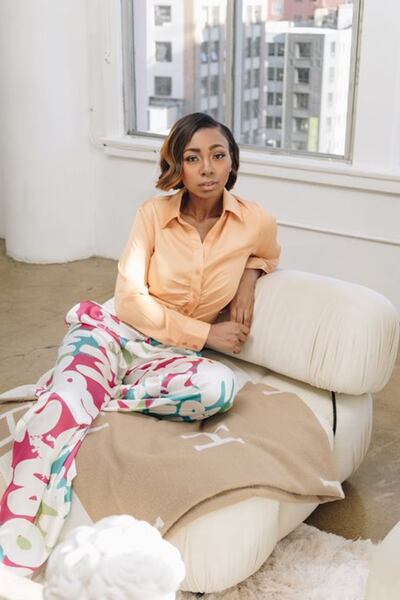
Izayla
I’sha Dunston, Fashion Institute of Design Merchandising graduate, founded Izayla in 2017 as an advanced contemporary womenswear brand in Los Angeles. The brand’s mission focuses on three areas: representation, women empowerment and integrity. The brand is sold at Saks Fifth Avenue and through its own online presence.
What does New York Fashion Week mean to you?
I believe showing at New York Fashion Week means that Izayla has been discovered. Being selected to showcase my brand on this huge platform is a great introduction to the world and, most importantly, builds more visibility, brand awareness and connections with people, consumers and designers.
How do you grow your community on and offline?
In the past, pop-ups and engaging with our consumers via social media has helped create a long-lasting relationship and genuine connection. We are human at the end of the day, and curating that approach is helping build the community. Social media is helping us perfect our customer profile, giving us a deep dive into what our customer needs and not just what she wants.
This will also be our third season with Saks Fifth Avenue, and I’m excited to keep cultivating that relationship and then also establish more wholesale partnerships. The Saks Fifth Avenue woman loves our signature tie-dye jumpsuit, and staff keep reordering it, which allows me to know there is a customer base that likes what we’re doing.
How has your business model evolved?
My business model hasn’t drastically changed, but I have added new elements. I have stayed true to our made-to-order process and kept the majority of our goods made locally in Los Angeles in 2020. We have partnered with a company in New York, which also creates some products in the Dominican Republic.
Challenges are non-stop in the fashion industry. As a Black designer, my top challenges have been financing, marketing and visibility.
I don’t stock anything here unless it is a signature silhouette, like our signature tie-dye jumpsuit. I’m big on “less is more.” There’s no need to have so much inventory, so much fabrication, because we don’t know where things are going to go. I’m still a small business and I’m just working on keeping things efficient and sustainable.
What key challenges and opportunities have recently arisen for your business?
Challenges are non-stop in the fashion industry, and I have accepted that there is never a stop to this. As a Black designer, my top challenges have been financing, marketing and visibility. I founded the brand in 2017, but I didn’t start making sales until 2019, and then the pandemic happened, so it was a lot of shifting and changing into what I wanted to do.
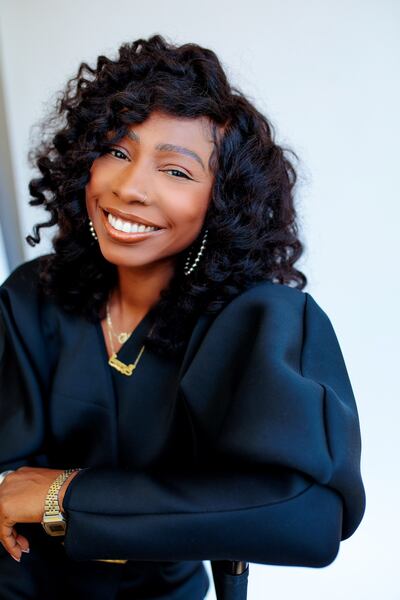
Sammy B.
Samantha Black graduated from Pratt Institute in Brooklyn in design, producing a women’s ready-to-wear line titled Sammy B. Worn by the likes of Beyoncé, Lizzo, Yara Shahidi, Nicki Minaj, Sammy B. is stocked by Nordstrom and sold through the Sammy B. website.
What key challenges and opportunities have recently arisen for your business?
Once you have a certain level of exposure, you have to be able to act quickly, which is hard when I don’t have production yet. But exposure means opportunities, and as I started to grow, when opportunities present themselves, you don’t say “no, I can’t” — you figure it out.
Social media is also obviously massive for everyone, and it can look like we are all on the same playing field, but we don’t all have the same tools to play. We didn’t come in here with all the same gear. We try to use it in organic ways, which makes the most sense for us so we are not necessarily competing with the really big brands.
What does New York Fashion Week mean to you?
As an independent designer, I don’t have any backing. So, the Discovery Showroom allows for my brand to be seen by people who might not have known about my brand or, if they have heard about it, they might not have seen it in person. Especially being a Black designer as well, it means a lot to have this platform.
Through time, so much has changed in fashion and the way we view fashion. But fashion week is one of those iconic things — it has a nostalgia to it. As a designer, that moment where you see your designs, all the hard work on that platform, means so much.
How has your business model evolved?
We’re operating two different businesses today: stocking in Nordstrom is very different from stocking our website. Now it’s more seamless and we have combined what we can, but it was a learning curve and took a lot of restructuring and hiring more people.
We have also started a summer series in a partnership with Jamaican restaurant Omar’s Kitchen in Lower Manhattan (as my roots are Jamaican) inviting editors, fashion and beauty influencers to come and experience my culture in New York City. I want our customer to get to know me, my love for my brand and the environment which inspires me, building my community one person at a time.
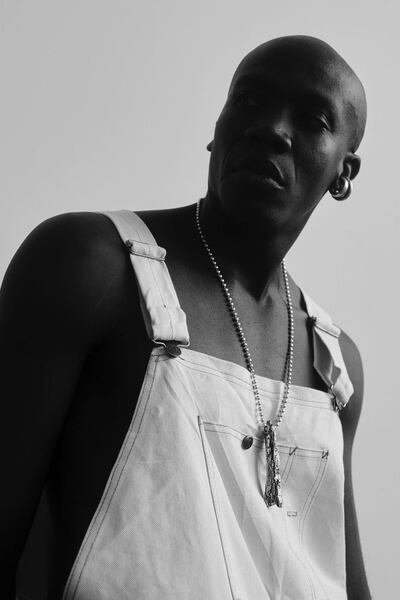
Kwame Adusei
With over 10 years of luxury fashion designing experience in Ghana, Kwame Adusei launched his eponymous gender-neutral fashion brand in LA in 2021, with an emphasis on quality, story and ethics.
What key challenges and opportunities have recently arisen for your business?
Just like any other person starting a business, you’re going through a ton of challenges, like managing your spending and just trying to do everything that you want to do in terms of ideas and reacting to what people like.
I’m also very conscious about where my fabrics come from — in Ghana, there are these big landfills filled with old fabrics and clothing, which get dumped there. As a result, there’s a place in downtown LA from which we only buy deadstock fabrics from fashion houses. I’m just trying to slow down in that respect.
How has your business model evolved in that time?
Back in fashion school, I didn’t have money to finish school, so I would make clothes for my sisters and get paid for that, so I could buy fabric and continue. So, my first brand that I started, which I named after my mom while in Ghana, started with my family, just making clothes for my sisters and then my sisters’ friends, and that’s how it started spreading.
Starting ten years ago as a ready-to-wear brand in Ghana — and the first, as I believe it, to introduce custom ready-to-wear in Ghana full time. I had to change my strategy and think about how to build a community rather than build a brand. Now, I have a brand and store space in downtown Los Angeles.
What does New York Fashion Week mean to you?
We are based out on the West Coast, in Downtown LA, and in our store space, we organise fashion events, like parties or meet-and-greets, so many things that are community-based. I feel like New York would really open us up — we are focused on building a community rather than building a brand.
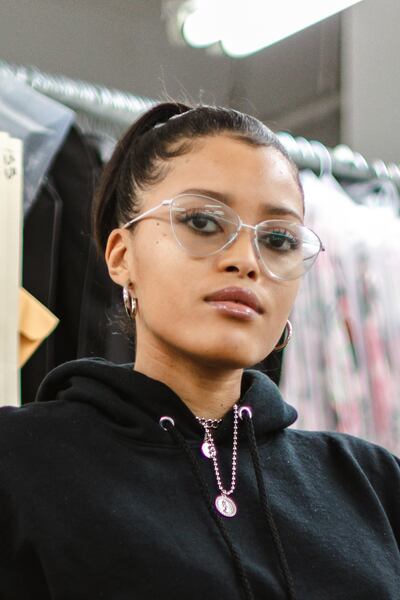
Muehleder
Larissa Muehleder attended Fashion Institute of Technology for fashion marketing before launching her namesake womenswear brand. Neoprene is the staple fabric of the fashion brand, which is sold direct-to-consumer on the Muehleder website.
How do you grow your community on and offline?
You are nothing if you are not building out your email list and continuing the conversation with your followers on social. But Instagram is another major challenge — I did so well in 2019, even 2020 because of the Buy Black movement, but it’s tanking due to the algorithm. I have 100,000 followers on Instagram, maybe 2,000 followers on Pinterest, but the amount of impressions a week on Pinterest is like 3 million and on Instagram, it’s about 200,000.
Offline, we invite clients to come in to see them try on items so I can get a real-life perspective of how they fit on different body shapes. We like to highlight strong women, like targeting women that are influential in their communities, from a real estate agent to an influencer who is a mum of three, just sharing their story with our audience.
What does New York Fashion Week mean to you?
Fashion week has always been the pinnacle of where you are supposed to be if you are a designer and a brand, so just to be a part of that, to be recognised in that space, is astronomical. It’s also going to take us in the right direction with wholesale. Our biggest opportunity would definitely be strengthening relationships with stylists and boutique owners, and scaling that.
What key challenges and opportunities have recently arisen for your business?
I got into a showroom, but it ended up being toxic — they would tell me that I should use a white model, that buyers don’t like brands to show too much of an identity. I was not telling my story authentically. To me, it’s not about it being a black or a white brand — it’s about people seeing through a fake image. So I left, pivoted to direct-to-consumer, and it was the best decision. I scaled my following and my brand by being authentic and by just being me.
How has your business model evolved?
After years of pushing my designs, a store owner in New York said he would buy the dress design I was wearing and asked if I had made it. I said, “Of course, how many do you want?” The dress was a high street label, and that was my big break — being a big fat liar. But I went to the garment district in Midtown, stumbled upon neoprene and created a similar style. The dress did amazingly well and I started getting into more stores.
Fashion week has always been the pinnacle of where you are supposed to be if you are a designer and a brand, so just to be a part of that, to be recognised in that space, is astronomical.
That very first dress that I made, that launched my career in wholesale, I made in three colours. It was then copied by another brand but in 30 colours, and the designer would sell it back to my retailers on consignment. It was out of my control, especially as I don’t have the money to compete, and that’s when wholesale tanked for me.
In the future, I do want to go back into wholesale, and some major retailers have reached out, but I will need to start manufacturing overseas, which I don’t want to do. I’ve always manufactured in New York, but now I’m competing with the likes of Alexander Wang and Area who are manufacturing more in the US with time constraints and logistical challenges.
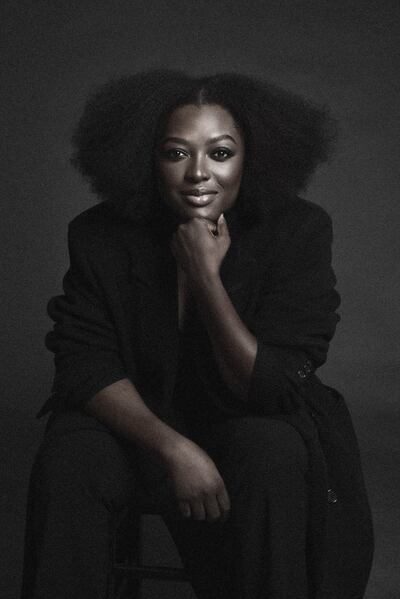
Atelier Ndigo
Founded by stylist and costume designer Waina Chancy in 2021, Ndigo takes inspiration from the colour “indigo”, using vibrant fabrics and structured forms inspired by architecture and design. The brand is sold through its e-commerce website.
How has your business model evolved?
I initially started Ngido during the pandemic last year with a partner, although we have since parted ways. We are both from Haiti, and it was important to add our colours and our culture to the brand, which is why everything is so colourful and vibrant.
We started working on the samples and launched in February last year. The brand’s growth has since come about through word of mouth and Instagram — I have done most of my sales through Instagram, and we are shifting from made-to-order to focus on a wholesale strategy.
As a costume designer and stylist, I work with different women, different body types, which has helped me to better understand the female body and know what works as a designer. Finding something that works for my body type and for a different body type is important to me and I was able to translate that into my collection.
What key challenges and opportunities have recently arisen for your business?
At first, it was just me doing everything during the pandemic and we were of course not sure if it was going to work out, or how people were going to react to it, but we have received a really positive reaction.
We have had challenges — like we didn’t know much about production, how to get into it, or trying to find resources. I’m learning every day, on my own. But I think that’s the best part of it, because I learn as I go and I enjoy the process. I’m still a very small brand, and right now I’m doing everything on my own. So being able to add more people in my team, I feel like I’m helping with jobs and learning, but it’s helping me to grow the company.
What does New York Fashion Week mean to you?
New York Fashion Week is every designer’s dream. We participated in Black in Fashion Council last season, and it has really helped with visibility. Since then, we have been interviewed by some of the biggest people in the industry, and I’m humbled and grateful because this opportunity has opened many doors. I’m just ready to spread my wings and see where it goes.
This is a sponsored feature paid for by Mailchimp as part of a BoF partnership.
From where aspirational customers are spending to Kering’s challenges and Richemont’s fashion revival, BoF’s editor-in-chief shares key takeaways from conversations with industry insiders in London, Milan and Paris.
BoF editor-at-large Tim Blanks and Imran Amed, BoF founder and editor-in-chief, look back at the key moments of fashion month, from Seán McGirr’s debut at Alexander McQueen to Chemena Kamali’s first collection for Chloé.
Anthony Vaccarello staged a surprise show to launch a collection of gorgeously languid men’s tailoring, writes Tim Blanks.
BoF’s editors pick the best shows of the Autumn/Winter 2024 season.